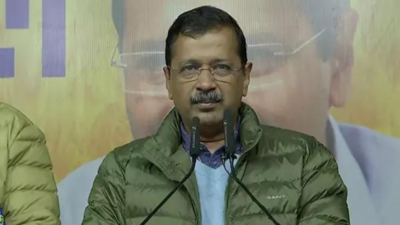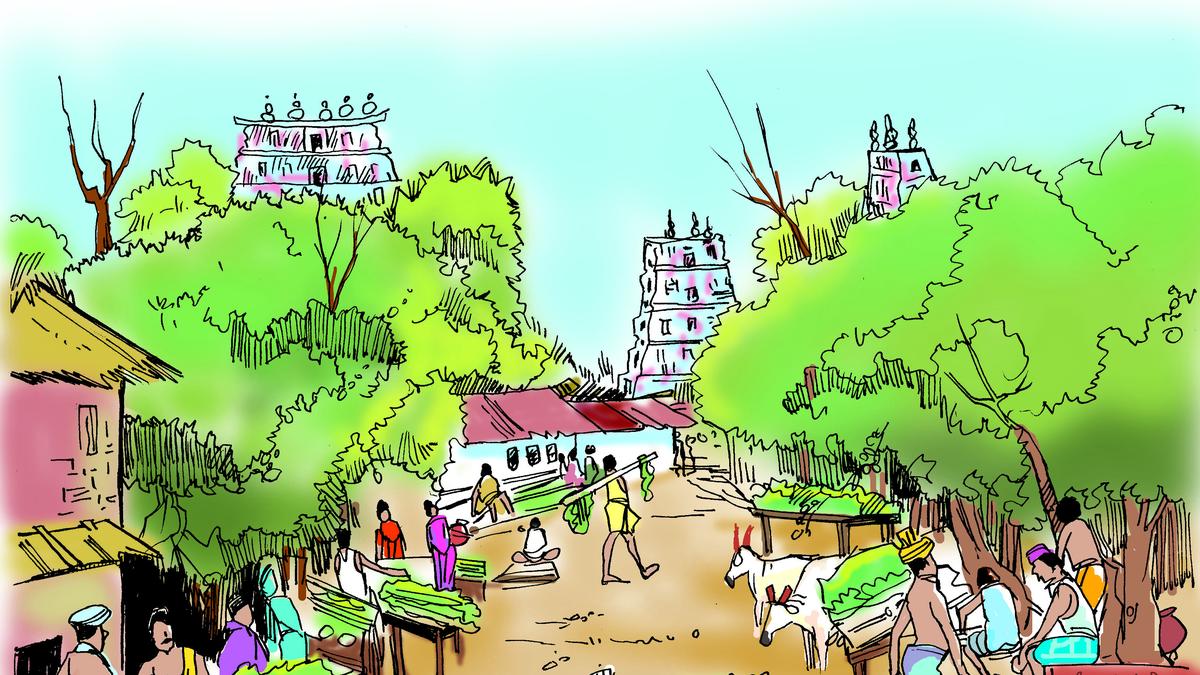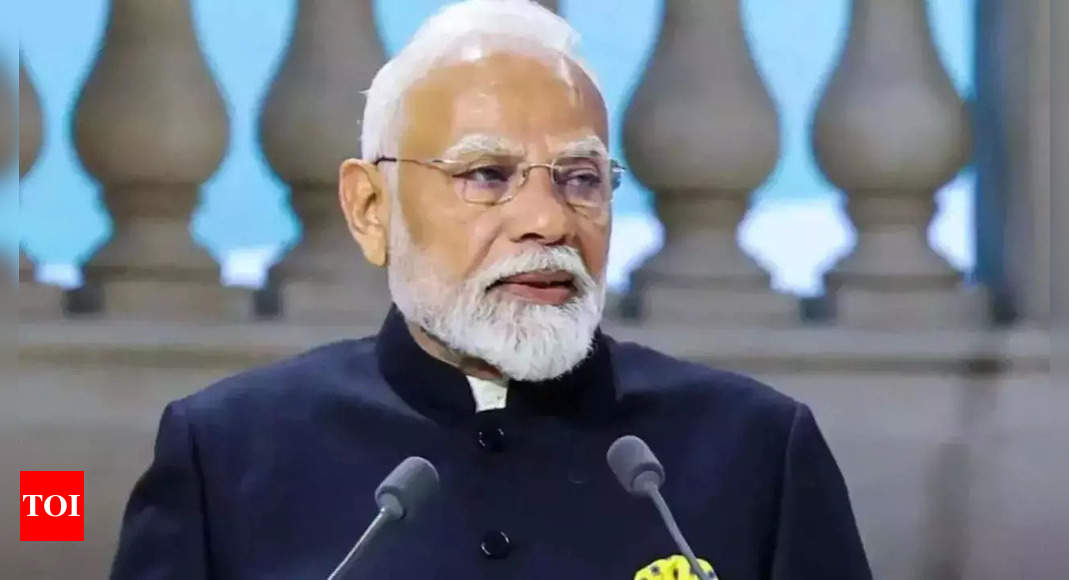Give proof of Yamuna ‘poisoning’, EC directs Arvind Kejriwal as it cites BNS provisions | India News

NEW DELHI: The Election Commission on Tuesday issued a notice to former Delhi chief minister Arvind Kejriwal seeking facts and evidence to substantiate his allegation that Haryana had poisoned Yamuna waters released to Delhi, which he claimed could have caused “genocide” had the Delhi Jal Board (DJB) engineers not stopped the waters at Delhi border.
Importantly, the poll panel reminded him of Bharatiya Nyaya Sanhita (BNS) provisions against statements that cause enmity between groups, are prejudicial to national integration and create public mischief, all of which attract a maximum jail term of three years.
This could mean that EC, in the event of lack of sufficient evidence backing Kejriwal’s allegations, may consider ordering a criminal case/FIR to be registered against him, invoking the aforesaid provisions of BNS as well as Section 123(4) of the Representation of the People Act (false statement being a corrupt practice). This would be in addition to likely action for violation of the model code of conduct.
Stating that the allegations of an elected govt poisoning the Yamuna waters with an intention to kill the residents of Delhi and equating this with nuclear or biological war, coming from a leader of Kejriwal’s stature, are “extremely serious in nature and unprecedented”, the Election Commission asked the AAP national convener to reply to its notice by 8 pm on Wednesday, citing the “factual foundation” of his allegations, “especially when the veracity…is contested”. The notice cites the clarification of Delhi Jal Board, posted on X on Monday, denying Kejriwal’s poisoning claims as “false, misleading and factually incorrect”.
“Being a very senior leader with vast administrative experience, you must definite have the evidence to substantiate such serious allegations….It is presumed that the Govt of NCT of Delhi must have officially taken up such a serious and grave issue of public health with the state govt of Haryana,” EC stated in its notice that followed separate complaints by the BJP and Congress.
Stating that Kerjiwal’s allegations, if true, run the risk of “creating enmity between the regional groups, residents of neighbouring states, and threat of law and order situation due to actual or perceived shortage of non-availability of water during this time of the year”, EC drew his attention to BNS provisions including Section 196 (statements that promote enmity between groups), Section 197 (imputations prejudicial to national integration) and Section 353 (public mischief), all of which carry a maximum three-year jail term, fine or both.
The EC also cited Section 123 (4) of the R P Act as well as model code provisions that restrain candidates and parties from activities that create hatred and tension between groups, as also from criticism of other parties based on unverified allegations or distortion.
As regards the other complaint received from chief ministers of Delhi and Punjab about sharp increase in ammonia levels in Yamuna waters released by Haryana, which the former claimed had made it untreatable, leading to a water shortage and public health crisis, EC said it had already called for a report from Haryana govt and was dealing with the complaint separately after considering the inputs from Haryana govt.






